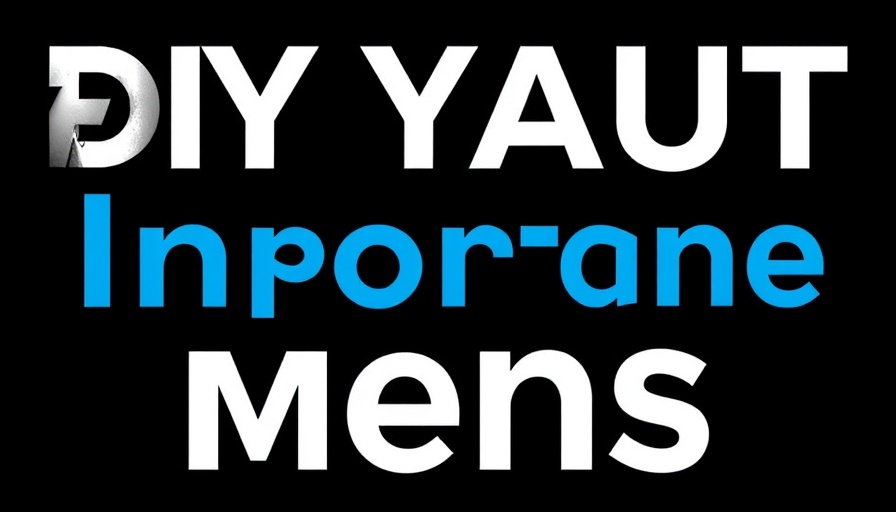
EduFi: Revolutionizing Student Access to Higher Education in Pakistan
In a significant move towards democratizing education, EduFi has emerged in Pakistan, providing low-interest student loans aimed at enabling more families to send their children to college. Founded by an alumna of MIT, this initiative directly addresses the financial barriers that often prevent students from accessing higher education, a vital stepping stone for personal and societal development.
Empowering a New Generation: Benefits of Accessible Education
The ability to pursue higher education can reshape not only individual futures but also the trajectory of entire communities. With EduFi's low-interest loans, students from lower-income backgrounds can now pursue degrees without the crippling burden of debt that typically follows in places like Pakistan. This not only promotes educational attainment but also supports the local economy by cultivating a more skilled workforce.
The Impact of Higher Education on Economic Growth
Investing in education catalyzes economic growth, and global research consistently shows that higher education correlates with improved job prospects and higher salaries. By making college more accessible, EduFi is directly contributing to Pakistan's long-term economic health. As graduates enter the workforce, they are likely to contribute positively to innovation and economic activity, creating a cycle of growth and opportunity.
Potential Challenges and Considerations
While this program presents a promising opportunity, challenges remain. Ensuring that loans remain affordable and accessible to those who need them most is crucial. Additionally, ongoing support and guidance for students will be necessary to navigate their academic journey and manage their financial responsibilities effectively.
Conclusion: A Step Towards Educational Equity
EduFi stands as a beacon of hope for many aspiring students in Pakistan. It represents a proactive approach to dismantling financial barriers to education. As more students gain access to higher education, the ripple effects could lead to enhanced economic prospects and societal progress. By supporting initiatives like EduFi, we can contribute to a more equitable future for all individuals seeking education.
 Add Row
Add Row  Add Element
Add Element 



Write A Comment